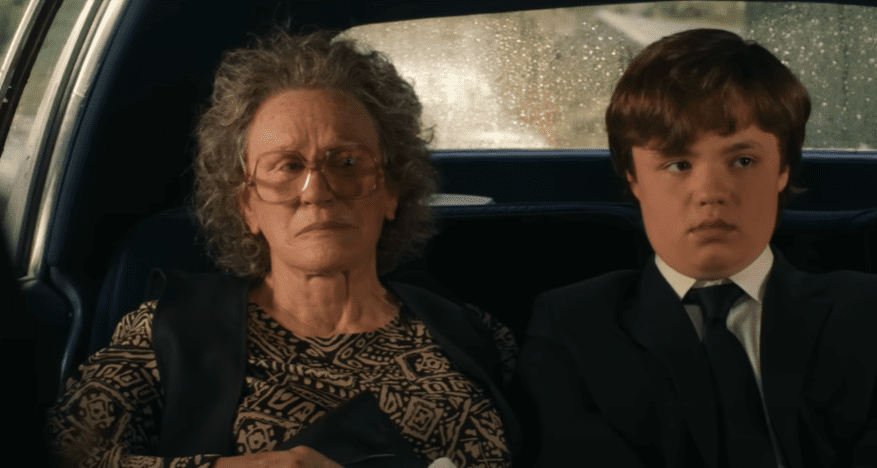
The Netflix original film “Hillbilly Elegy,” based on the bestselling book by J.D. Vance, provides a compelling narrative about the struggles and triumphs of a young boy named J.D. who grows up in a dysfunctional family. Directed by Ron Howard, the film stars Gabriel Basso and Owen Asztalos as Vance, Amy Adams as his mother, and Glenn Close as his grandmother. Though it’s rated R for extensive language and drug content, “Hillbilly Elegy” offers poignant biblical lessons about life, sin, and the power of second chances.
At the core of J.D.’s story is the notion that family is the first and most fundamental foundation of society as designed by God. The film poignantly demonstrates what happens when that foundation crumbles. J.D. witnesses his mother’s descent into opioid addiction, leading to the loss of her nursing job and a series of reckless and destructive behaviors. He endures emotional turmoil as she attempts suicide, drives recklessly, and subjects him to chaotic changes in their living situation.
Instead of being nurtured in a stable environment filled with love and support, J.D. faces a life marked by instability and rage. His childhood innocence is stripped away as he becomes a participant in his mother’s destructive lifestyle, even being forced to urinate in a cup so she can cheat on a drug test. The film invites viewers to understand that these deep-seated family issues are often cyclical and passed down through generations. J.D.’s mother herself grew up in an unstable home with an abusive, alcoholic father and witnessed horrifying acts of violence from her mother.
The film underscores the biblical warning of what can happen when a family isn’t built the way God intended. It serves as a stark reminder of the responsibilities that parents have towards their children. When those responsibilities are surrendered, the consequences can be dire and long-lasting. J.D.’s story is a testament to the potential for breaking these cycles of dysfunction through perseverance, support, and faith.
Despite the overwhelming obstacles, J.D.’s journey is also a story of hope and redemption. The pivotal role of his tough-nosed grandmother, played by Glenn Close, is a beacon of stability and strength in his chaotic life. Her no-nonsense approach and unwavering support play a crucial role in helping J.D. navigate his troubled childhood and aspire to a better future. This dynamic reflects the biblical principle of the importance of extended family and community support in nurturing and guiding the younger generation.
Ultimately, “Hillbilly Elegy” illustrates that while the scars of a broken family can run deep, they do not have to define one’s destiny. With determination, faith, and the support of loved ones, it is possible to rise above adversity. The film resonates with biblical themes of forgiveness, resilience, and the belief in second chances.
“Hillbilly Elegy” is more than just a narrative about a boy overcoming a troubled past; it is a powerful reminder of the foundational importance of family as designed by God. It challenges viewers to reflect on their familial responsibilities and the impact of their actions on future generations. Through J.D.’s story, the film offers a message of hope and the enduring possibility of redemption, making it a deeply moving and thought-provoking watch.
